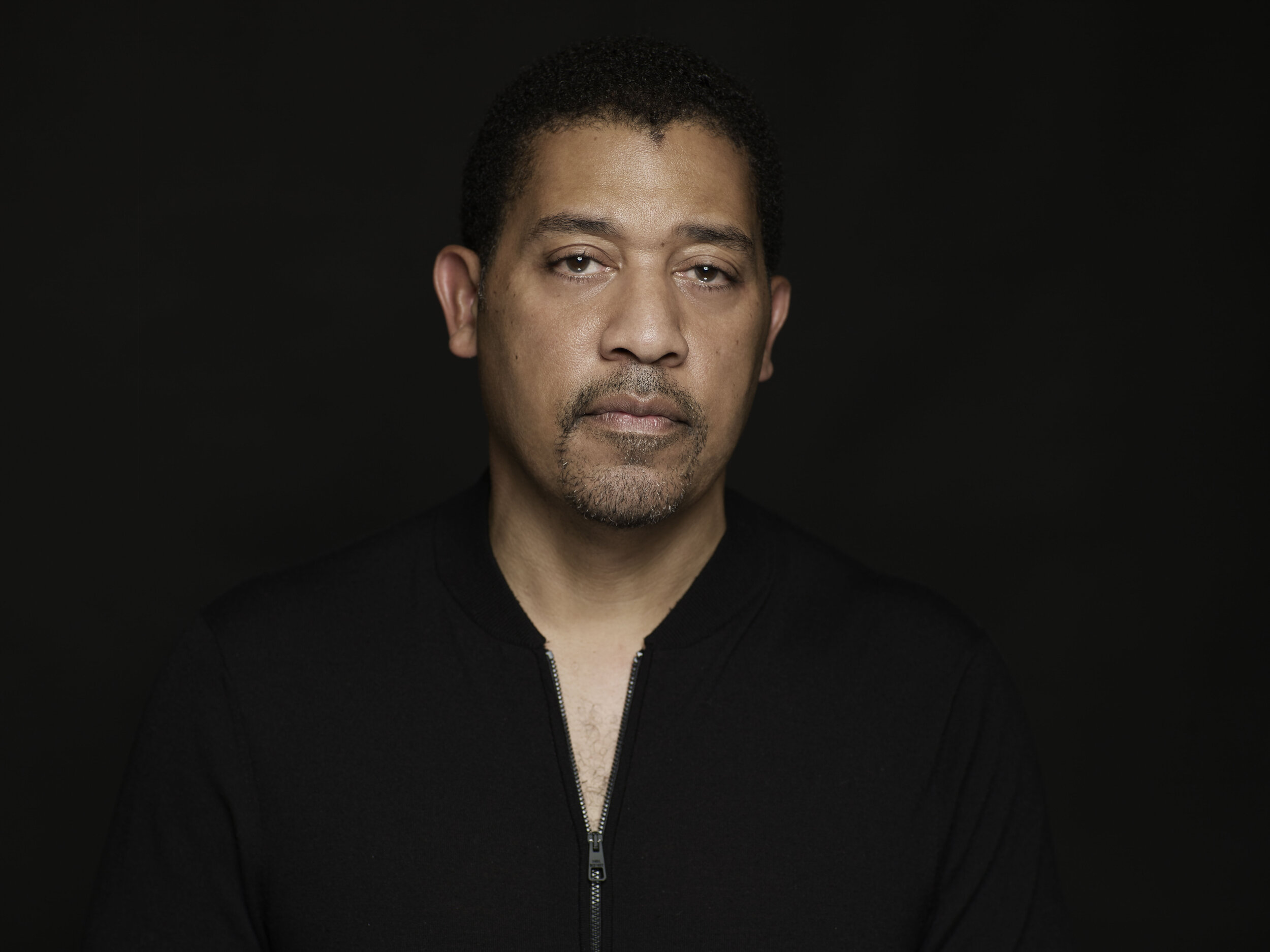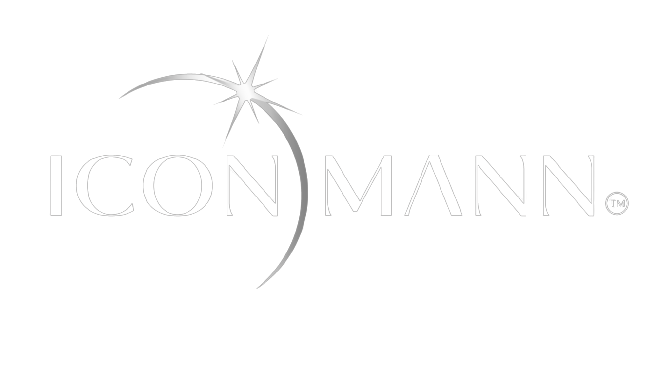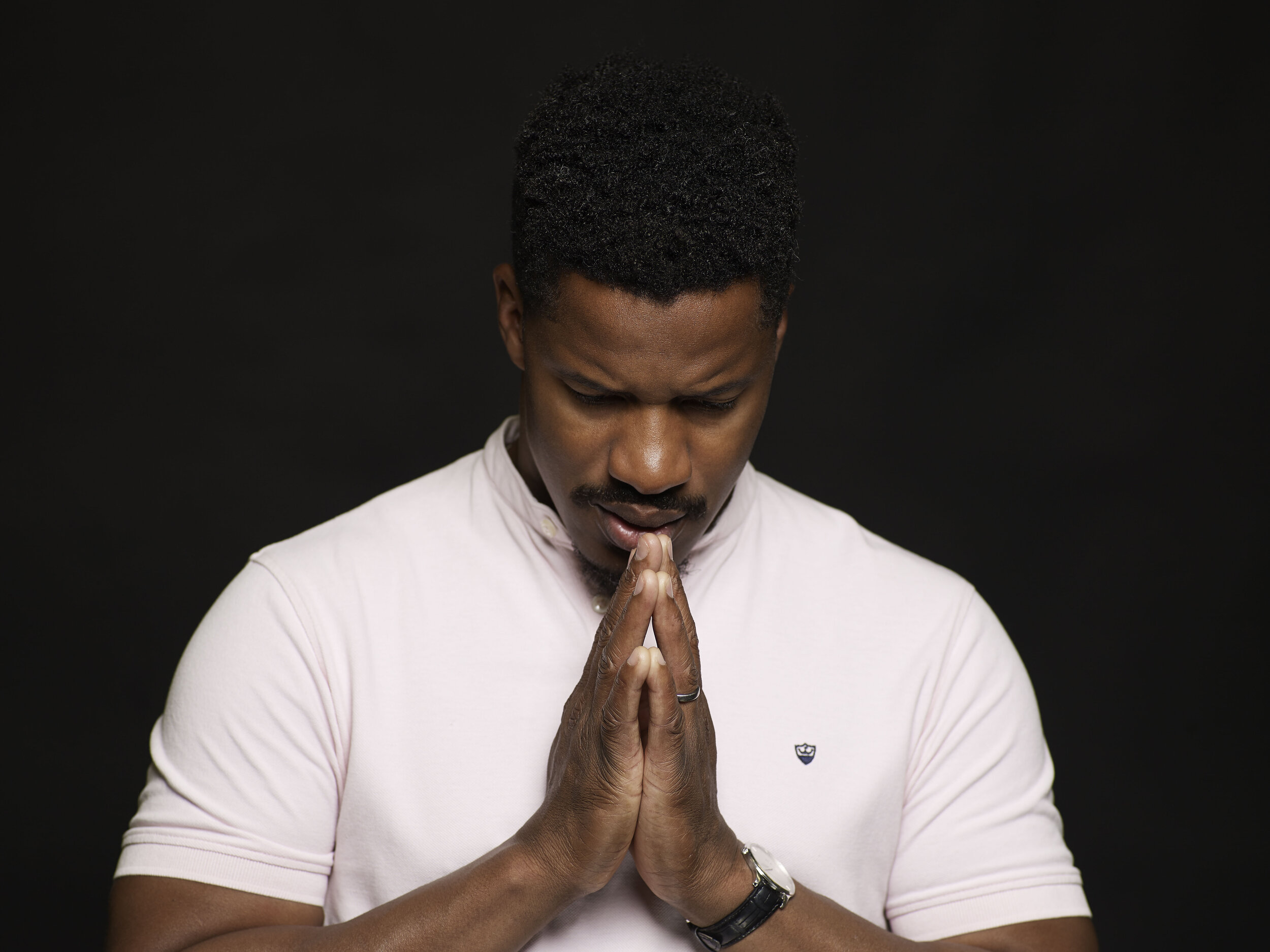I AM A FATHER

I AM A FATHER
DAVID P. WHITE
When a black man is unlawfully murdered, the impact of his death is not in isolation. He is the son, the lover, the spouse, the father to someone, so the tragedy of his demise is magnified for those left behind. In collective response to the killings of fathers SEAN BELL, PHILANDO CASTILE, ERIC GARNER, GEORGE FLOYD, and all black men who are not provided context, the men of ICON MANN salute. This Father’s Day, with the participation of some of our dynamic dads, we honor every black dad declaring, I AM A FATHER. Here is David’s story.
PART I: THE GIFT & RESPONSIBILITY
It's a true gift to have someone come into the world and to reflect your personhood. It's not about the looks. This applies for both children born to you or adopted. It's not the genes, it is simply the act of pouring into this human being everything to prepare them for the world. There is a gift of someone bringing laughter into your life. I am so struck by how important it is for all of us, old and young, to have laughter around. To have the innocence around us is tremendous.
I am equally focused on the responsibility of fatherhood, that if not addressed if we don’t have a course correction, could be a barrier. Just the responsibility of helping to have guardrails and the responsibility of knowing when the guardrail needs to be taken off because they got to feel that burn a little bit. I was very fortunate that I had multiple father figures in my life who took the gift and the responsibility seriously.
My father and my mother divorced when I was young. I'm very close to my father right now, but there was a period of time where I had only summer contact with him. We lived in a different place. He was built for fatherhood for older people; however, fatherhood for younger people was not what he was built for. My mother remarried my stepfather and he poured into me. So I had a father figure who gave me the basic lessons of if you ever pull a gun out you better be ready to use it; otherwise, you don't, as a metaphor of keep your mouth shut until you really know. And then my great-uncle, who I visited, my Uncle Al, in Detroit, who came up from Macon, Georgia, with his life-long girlfriend from like fifth grade, and married ’til this day. She's 91 now. And from the age of three, I would get on an airplane and fly to Detroit for the summer filled with Kool-Aid and Fanta in the streets. They still claim me as their son. They had like an eighth-grade education, but they owned their house and they owned other houses as their retirement. Through both my father, stepfather, and great uncle, I learned at key moments how to walk through as a man.
Looking back on my upbringing, I say to myself now, “I had all of that poured into me. What a gift.” And now, that is my responsibility.
PART II: THE MULTIHYPHENATE: DAD, WIDOWER, UNCLE, & CHIEF LISTENING OFFICER
I have one daughter, my 10-year-old named Sophia. And I have been fortunate to raise several nephews and nieces. Sophia is just the brightest light and she is a naturally joyful child. She wakes up in the morning in a good mood. She’s also a psychologically complicated child already. There is a Goth side to her, where she likes that kind of makeup. She likes the dark stories even though if you show her a zombie, she'll freak out. So she's not trying to be scary. She’s artistic and figuring out who she is.
My wife passed away back in August 2018. So my daughter and I are very close. Sophia is right at that period where she's coming into her older sense of self and her sense of, "Who is my family, and what do we do out in the world? Are we good people?" She's also coming into her spiritual side. Her aunt, my sister who lives with us, thank God, thank the heavens, is a churchgoer. I'm not churchgoing. I'm more of a meditation, yoga kind of guy. But Sophia is coming into her spiritual self as well and at her own pace. So she's wonderful.
When I was in my 20s working in youth development, I had to call the state on my older brother who had five kids at the time. I took custody of two of them, and my nephew and my niece have just really been close to me as well, just wonderful, just wonderful kids, resilient.
Each of my kids have reaffirmed for me that I regularly don’t know what I’m talking about. They've really reaffirmed that on so many occasions it's more important to hear and to listen than it is to speak because I'm a boss in my professional life. And it's really easy to believe that suddenly that I have insight and that I have wisdom, right? In fact, I don't. Kids teach me that, particularly girls. They have a complicated psychology even at 10.
As a father or father figure, you can really mess with that if you don't know what you're doing. You can really believe that you're being a father-who-knows-best figure, and all you're doing is making it worse. And so there've been so many times where I thought that I have said something that is... and including recently because I have another niece who's with us right now. And my sister will be like, "Yeah, that's not how she took it." And it's like, "Ah.” I’ve learned that the best thing I can do is to listen.
PART III: EMOTING IN THE TIMES OF UNCERTAINTY
In today’s climate, I am having both conceptual conversations and practical conversations with my kids. The conceptual conversations are, "Here's what you're seeing on TV. Here is the relationship of Black people to the state, of Black people to the police. Here is the next level of understanding about our history. You remember when I talked about this? You remember what that time period was? So that was right around the time that I was born, in the '60s, in the late '60s. Now let's talk about this: You know the movie... Remember the movie that we saw about… There's a connection there." So there's a conceptual piece to this. And then there's also a practical piece: "Okay, when you go outside the house, in the event that this happens, what do you say?" I also role play with them. "Let me hear you say it. In the event that this happens, where do you go?" So if you're walking our dog or if you're going up to the store," which I want her to do now. I don't want her to be afraid. And I've started letting her do it without me secretly following [laughter]. And we're also having the, "I need to make your freeze. I need your brain to momentarily shut down so that you get in the habit of picking it back up." We're talking through it, but there's a practical nature to this. She just went out to a march, and yes, it’s 80% feel your power as a human, as a woman, as a Black woman but then there's also the 20% of don't over-feel your power.
I am also vulnerable with my kids, at times. However, right now with everything going on, vulnerability is not the place that I'm coming from. She's seeing my rage. She's seeing my determination. And she's seeing that in part because that's the way that I process, that even when I'm vulnerable, even if I'm crying. In my everyday job as an advocate, even if I'm feeling vulnerable, I'm advocating for the person behind me. So there's no room for vulnerability in the advocacy. It's not an unwillingness to admit the vulnerability. All-day, every day, she can hear me on calls in meetings. She’s getting a closer look into what I do and how I communicate. Then for the brief periods of time where we're all watching TV, I will yell at the television set, now. I will speak my mind to, "Can you believe…”. So she sees that too.
It’s better parenting for my kids to see all sides of me. I think back to when I graduated from undergrad and I was living overseas for a couple of years. I had sustained moments where I was really depressed. I remember calling home and that cost a lot of money for my mom, but she let me call home any time. I so leaned on that and leaned on my memory of times when my mother was confessing her mistakes, and on the fact that she seemed to be able to still make it. So I don't have to feel like this is the end of the world. I actually have an example of someone who I know made mistakes and got to the other side. That fact was so important to me.
Raising my daughter, niece, and nephew, I am lucky that I have a deep community of folks. As a widower, I was happy to delegate. I'm not trying to be everything. I'm willing to say, "Sophia, on this, you're going to be with your aunt. You're going to be with Uncle Mark," or what have you. So I've benefited a great deal from kind of a distributed allocation and my village.
PART IV: THE TWO MOST IMPORTANT TRAITS TO IMPART
If a child feels nothing else, if they don't get anything else, a child who knows that he or she is loved, genuinely, unconditionally loved is better positioned to navigate the world than someone who doesn't. All fathers need to learn quickly how to demonstrate authentic love and be sure that you are doing that from Day 1 for your child.
Secondly, I believe that part of my responsibility, part of our responsibility is to be a source of joy and light, to spread joy and light even in a time of darkness. Fathers should be a source of joy and light to their children. That’s a gift you give your child. Every day, find a way to demonstrate the significance and your capacity to reach down and to feel the joy.
You are building a wellspring inside of your child. We know how dark the world can be at times, and sometimes we have to look within in order to bring that light out.
In a practical sense, I’ll go into Sophia’s room in the morning and pull the drapes open to bring in the light. I literally say the words: "My daughter's room is a room of light." It's not a room of darkness. This house is a room of light. This house is not a house of darkness. Only light beats back darkness.
We Honor You.
ABOUT DAVID- National Executive Director and Chief Negotiator for SAG-AFTRA, and Director of the Federal Reserve Bank of San Francisco.
As told to Amy Elisa Jackson for ICON MANN
Photography and Video Direction by Dallas J. Logan + Dae Howerton
FATHER’S DAY 2020









